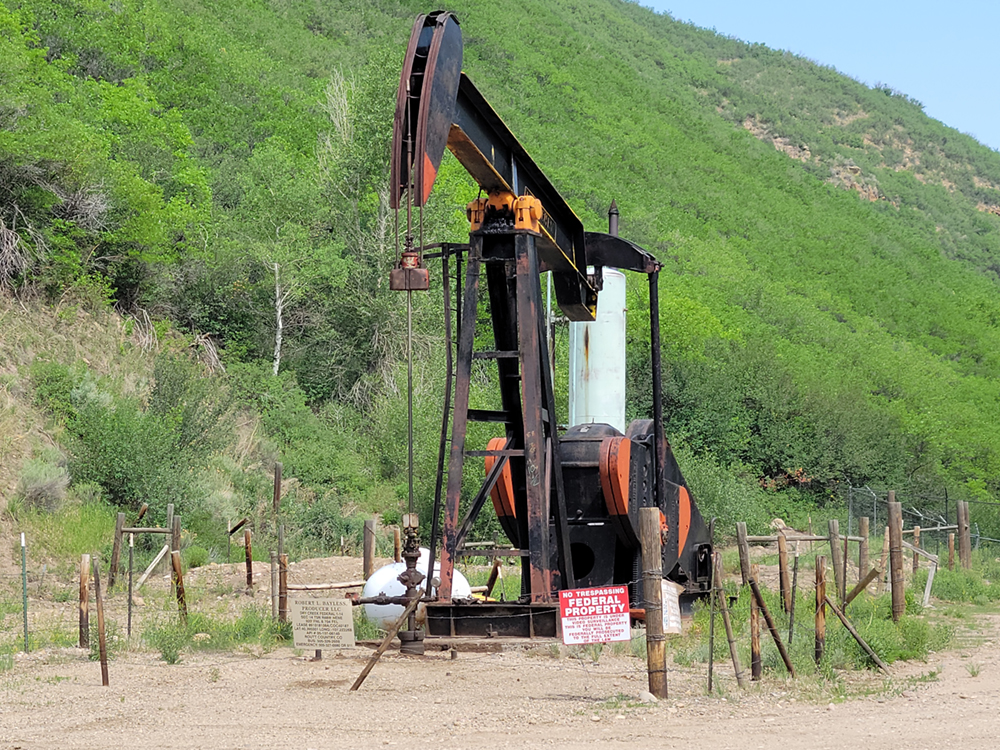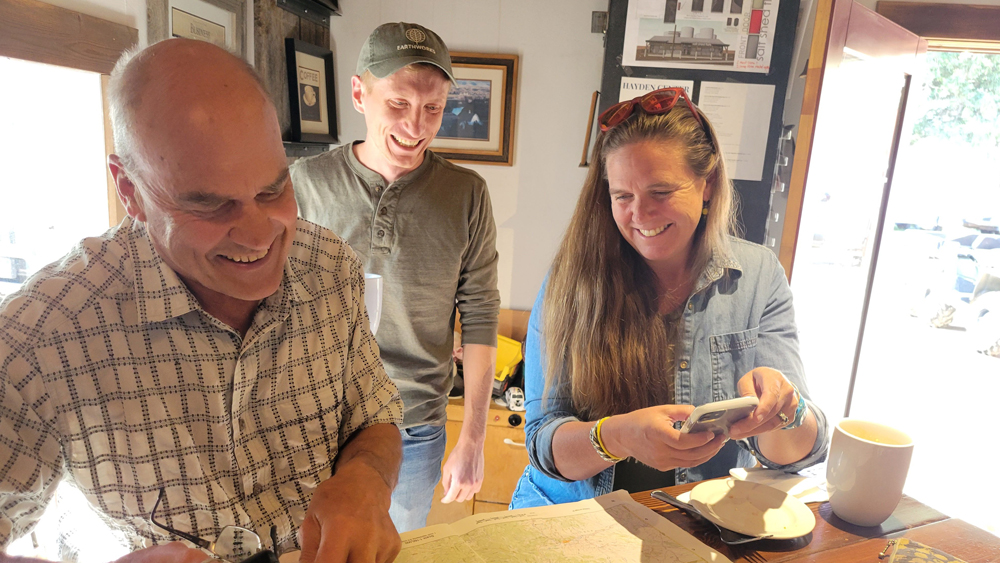- An Alliance For Community Action
- (970) 256-7650
- info@WesternColoradoAlliance.org
The Routt to victory over pollution
By now, devout readers of The Clarion know how important it is that we get the orphaned well crisis in Colorado and the United States under control. For those of you who might have missed the last few publications, here’s a quick recap: Colorado has over 50,000 oil and gas wells; of those, over 10,000 are producing less than one barrel of oil or equivalent per day. These wells are kept in “production” so that their operators aren’t forced to spend money to plug and reclaim them, which is required by Colorado at the end of a well’s life. All too frequently, large operators drill wells, pump them nearly dry, and then sell them to small operators to eke out the last barrels of its productive life. Once the small operators completely exhaust the wells, they declare bankruptcy, and pass the abandoned wells to the state for taxpayer dollars to clean up.
Our Alliance has been hard at work seeking to drive the creation of robust, protective financial assurance rules that will require oil and gas operators to post a bond for the full cost of plugging and reclaiming a well before they are permitted to drill. In pursuit of that goal, the chairman of our Alliance’s Oil and Gas Committee, Rodger Steen, and yours truly made our way to the small town of Hayden in Routt County, where we met up with our friends Nathalie Eddy and Andrew Klooster of Earthworks. From a cosy table nestled within Wild Goose Coffee at the Grainery, we plotted our expedition in search of orphaned and polluting wells in Northwest Colorado.
It wasn’t long before we found ourselves making our way down south toward Rio Blanco County, stopping along the way at various well sites that stood out in stark contrast to the lush environment around them due to their moonscaping and dilapidated condition. With the skill of seasoned pros, Nathalie and Andrew went about the careful, patient business of capturing video footage of the sites we discovered using a forward looking infrared camera, which is a complex instrument that is capable of visually recording the plumes of methane venting from these sites that are otherwise invisible to the naked eye.

Before long, I was handed the delicate piece of machinery to see them for myself. Words can scarcely describe my surprise and dismay as I saw for myself the billowing clouds of methane emitting from what I previously perceived to be benign wells. Indeed, even those wells we found which had been declared orphaned still showed signs of venting gouts of the climate change inducing gas into the air.
After making sure to take many photos and capture an ample amount of footage, we made our way back to Hayden, sunburned and tired, but ultimately successful in our quest. Earthworks would go on to curate the video and send the results of our investigation to the Colorado Oil and Gas Conservation Commission (COGCC). For his part, Rodger has been working tirelessly to draw the attention of local officials to the problem we discovered in their own backyard.
As for our Alliance, ours is a mandate driven by the will of our members: to expose these hazards to public and environmental health wherever we might find them, and to organize for meaningful change and demand accountability for both the industry that made this mess and the decision makers who enabled it. Even as the COGCC wrestles with the crafting of financial assurance rules, Colorado’s Air Pollution Control Division is on the precipice of beginning in earnest a rulemaking process that will set the tone and trajectory for our state’s larger Greenhouse Gas Reduction Roadmap, which is the plan for Colorado to do its part to fight the scourge of climate change. Our Alliance stands ready to protect our home on both fronts.
Brian joined Western Colorado Alliance as a community organizer in April 2020. With a professional background in elections and the court system, Brian specializes in working with our partners to shape oil and gas policy. Having grown up on the Western Slope, he is committed to working toward a strong, sustainable future for our community. Brian also volunteers with Mesa County Library’s literacy and pathway to citizenship programs. As an avid board game enthusiast, he enjoys opportunities to strategize and build winning coalitions. Brian received his bachelor's degree in political science from Colorado Mesa University, and his master’s degree in public administration from the University of Colorado Denver’s School of Public Affairs.


